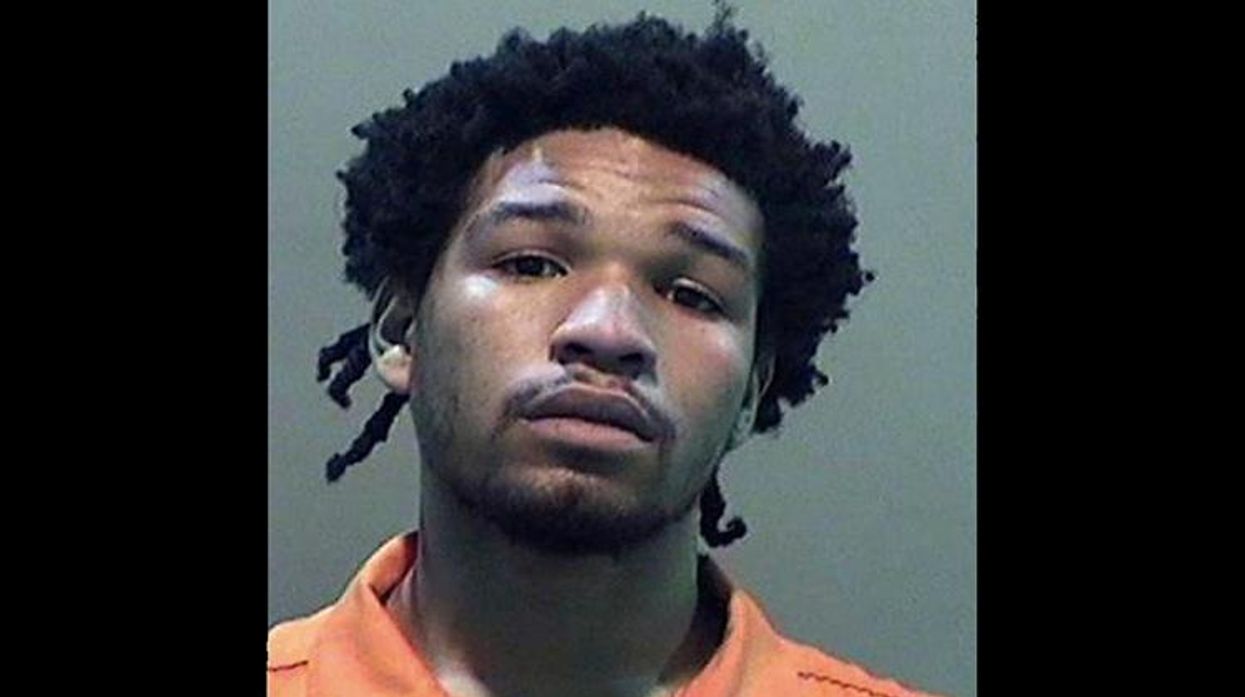A Detroit man received three life sentences Tuesday for the 2019 murders of two gay men and a transgender woman.
A Wayne County jury had convicted Devon Kareem Robinson, 19, in March of first-degree premeditated murder for fatally shooting gay men Alunte Davis, 21, and Timothy Blancher, 20, and trans woman Paris Cameron, 20. They were killed May 25, 2019, at a house party on Detroit's east side. Police and prosecutors said the crime was motivated by their identity.
Two other people were shot but survived, and Robinson was also convicted of two counts of assault with intent to murder and five counts of felony firearm use, the Associated Press reports. He received sentences of 10 to 20 years for each of the assault counts and two years for each of the firearm counts.
Cameron, Davis, and Blancher had met Robinson at a gas station on the way to the party, and Cameron invited him to the gathering, according to The Detroit News. Witnesses said they saw him hugging Cameron at the party, but he left a bit later with a "blank" expression, then returned to commit the crime. A witness had testified that the carnage was so extensive that blood seeped through the house's walls.
"We are pleased that justice has been served in this case," Wayne County Prosecutor Kym Worthy said in a Wednesday statement to the media. "The defendant's actions were disturbing on so many levels. ... We will continue to be vigilant in our fight to eradicate hate in Wayne County and beyond."
"Devon Robinson murdered three members of Detroit's LGBTQ community in cold blood, and wounded two others," added Alanna Maguire, president of Fair Michigan; its Justice Project assisted in the prosecution. "Fair Michigan applauds the Detroit Police Department, the Wayne County Prosecutor's Office, and the Fair Michigan Justice Project team for bringing this murderer to justice. This conviction and life-in-prison sentence sends a clear message that crimes against our community can result in maximum penalties under the law."
Robinson's attorney, Evan Callanan Jr., had maintained there was no evidence connecting his client to the crime. At a pretrial hearing in November, he had called prosecutors' version of events "a fanciful theory," the AP reports.




































































Charlie Kirk DID say stoning gay people was the 'perfect law' — and these other heinous quotes